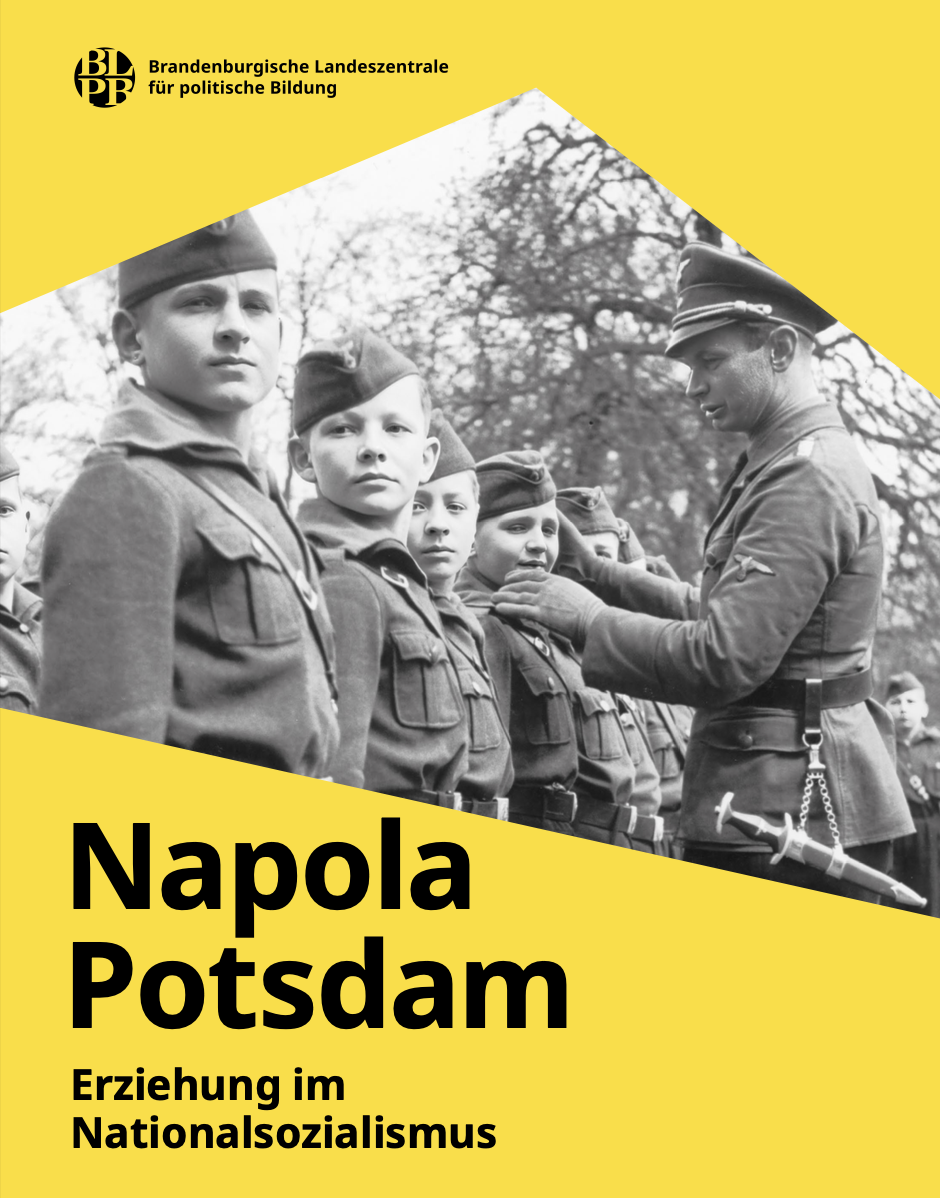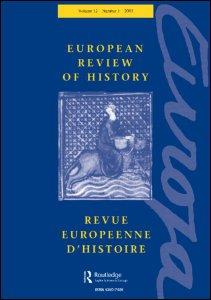Work
 Review of Marco Hillemann and Tobias Roth (eds) 'Wilhelm Müller und der Philhellenismus'
Review of Marco Hillemann and Tobias Roth (eds) 'Wilhelm Müller und der Philhellenismus'Review of Wilhelm Müller und der Philhellenismus, edited by Marco Hillemann and Tobias Roth (Berlin: Frank & Timme, 2015), in German Quarterly 90 (4), Fall 2017, pp. 496-7.
At first glance, the graffito-bedizened photograph of an Athenian street which graces this volume’s cover appears bafflingly irrelevant – only once we peer more closely does the Greek street-sign in one corner (‘HODOS MULLEROU’ or ‘Müller Street’) become apparent, giving the reader some clue as to the essay collection’s scope and intentions.Read more...
Presented at an international conference on 'Memories of Conflict, Conflicts of Memory', Institute of Germanic and Romance Studies, University of London, 13 February 2013.Read more...
 Books worth (re)reading
Books worth (re)readingReview essay, published in the International Journal of Play 5 (3), 2016 (special issue on Histories of Play, edited by Kate Darian-Smith and Simon Sleight), pp. 343-345.Featuring George Eisen's Children and Play in the Holocaust: Games Among the Shadows (1988); Nicholas Stargardt's Witnesses of War: Children’s Lives under the Nazis (2006); Heidi Rosenbaum's “Und trotzdem war’s ’ne schöne Zeit”: Kinderalltag im Nationalsozialismus (2014), and Bastian Fleermann and Benedikt Mauer (eds) Kriegskinder: Kriegskindheiten in Düsseldorf 1939–1945 (2015).Read more...
Presented at the Classical Reception Discussion Group Colloquium on German Philhellenism, University of Cambridge, 15 December 2012.Read more...
 Napola Potsdam: Erziehung im Nationalsozialismus
Napola Potsdam: Erziehung im NationalsozialismusPotsdam: Brandenburgische Landeszentrale für politische Bildung, 2025.
This richly-illustrated companion volume to an exhibition on the Napola in Potsdam (current site of the Brandenburg Federal State Government) places this specific Nazi elite school's history within the broader context of Nazi society. The volume tells the stories of staff and pupils, charting the ways in which they navigated the National Socialist regime, whilst also illuminating the school's daily life and institutional structure.Read more...
 Brill's Companion to the Classics, Fascist Italy and Nazi GermanyBuy this item
Brill's Companion to the Classics, Fascist Italy and Nazi GermanyBuy this itemedited by Helen Roche and Kyriakos Demetriou; Leiden (Brill), 2018.
Intended for a wide readership, this volume offers the first ever comprehensive guide to the manifold uses and reinterpretations of the classical tradition in Mussolini’s Italy and Hitler’s Germany. The essays within the collection explore the ways in which the classical past was constantly recreated to fit Nazi and Fascist ideology. Political propaganda manipulated the legacy of ancient Greece and Rome in order to create consensus and historical legitimation for the Fascist and National Socialist dictatorships.Read more...
 Fascist and National Socialist Antiquities and Materialities from the Interwar Era to the Present Day: Fascism Volume 8, Issue 2
Fascist and National Socialist Antiquities and Materialities from the Interwar Era to the Present Day: Fascism Volume 8, Issue 2Guest-edited special issue of Fascism: Journal of Comparative Fascist Studies, December 2019.
Fascist Italy and Nazi Germany, along with other twentieth-century authoritarian regimes, have often attempted to create consensus through propagandistic reinterpretations of the classical past. Once Fascism and Nazism had fallen, the material legacies of both regimes then became the object of destruction, reinterpretation and memory work. This special issue stems from an interdisciplinary workshop held in 2018.Read more...
 German Philhellenism: PEGS Volume 82, Issue 3
German Philhellenism: PEGS Volume 82, Issue 3Guest-edited Special Issue of Publications of the English Goethe Society, October 2013.
Inspired by the proceedings of a colloquium on ‘German Philhellenism’ held at Cambridge University in 2012, this volume includes: 'Visions of Philhellenism in the Poetry of Wilhelm von Humboldt: Between historical analysis and idealized modernity' (Felix Saure); '"Life in the Whole": Goethe and English Aestheticism' (Stefano-Maria Evangelista), and '"Anti-Enlightenment": National Socialist educators’ troubled relationship with humanism and the philhellenist tradition' (Helen Roche).Read more...
Presented at the Legacy of Greek Political Thought Network Workshop, University of Bristol, 8 December 2012.Read more...
 '"Wanderer, kommst du nach Pforta…": The tension between Classical tradition and the demands of a Nazi elite-school education at Schulpforta and Ilfeld, 1934–1945'
'"Wanderer, kommst du nach Pforta…": The tension between Classical tradition and the demands of a Nazi elite-school education at Schulpforta and Ilfeld, 1934–1945'in European Review of History / revue européenne d'histoire 20 (4), 2013, pp. 581-609.
This article explores the tensions which arose when Schulpforta, Germany’s most renowned humanistic boarding-school, was forcibly turned into a Nazi elite-school (a Nationalpolitische Erziehungsanstalt, or Napola). The time-honoured traditions of Christianity and enlightened humanism previously cultivated at the erstwhile Landesschule zur Pforta (alma mater of Fichte, Ranke and Nietzsche) were swiftly subordinated to the demands of national-socialist ideology.Read more...
